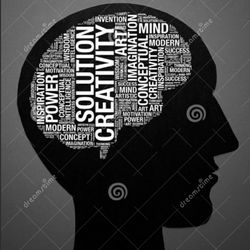

The economic system of India had been weekend by the long term rule of British. people were in the utter distress fullstop farmers were crushed under the burden of heavy taxes. Cottage industries got destroyed gradually various occupations which were dependent since generations lost strength and people became resourceless. Thus, they set themselves to fight against the British. The factors that inspired the people to fight can be divided into political, economic, social, religious, administrative and military causes.
many kings and nawab swayam brought under the terms of lord Wellesley's subsidiary alliance and lord Dalhousie's doctrine of lapse policies and were dethroned. Naturally these things disturb the feelings of rulers as well as the common people of India.
a new administrative system was created by the British officers occupied all the major civil and military posts will stop the role of mediators was too much in the administration. The rule of the law resulted in the collapse of social hierarchy. The people did not like English which became the language of administration in the place of Persian.
British utilised their political power to loot the economic wealth of India for their profit. Business interest of the British destroyed cottage and other local industries of India. Land revenue policy was exploitative. The status and the source of income of taluqdars and zamindars was snatched away. There was a huge outward movement of wealth. Commercialization of agriculture made the farmers feeble. herbal drops of those days to come in the lives of million people. These factors drove India into the pit of poverty.
Social and religious factors led to the explosion of revolt. British criticized Indians as primitives who have no culture and civilization. they used to call Indians as pig and black people. Indians were not allowed in hotels and clubs that were under the supervision of British. At the entrance of these institutions were used to be boards declaring entry of dogs and Indians prohibited. The attempts by the British to abolished sati system and child marriage and support of widow remarriage made the Indians feel that they were unnecessary interfering in their social life. The arrival of the railways irked the high cast Indians. The issue of all travelling in one bogie enraged the upper caste Indians.
The Indian soldiers in the British army were unhappy. The were not allowed to wear their traditional and religious symbols and headgear. They were paid a meager salary and I'd no promotion options.












